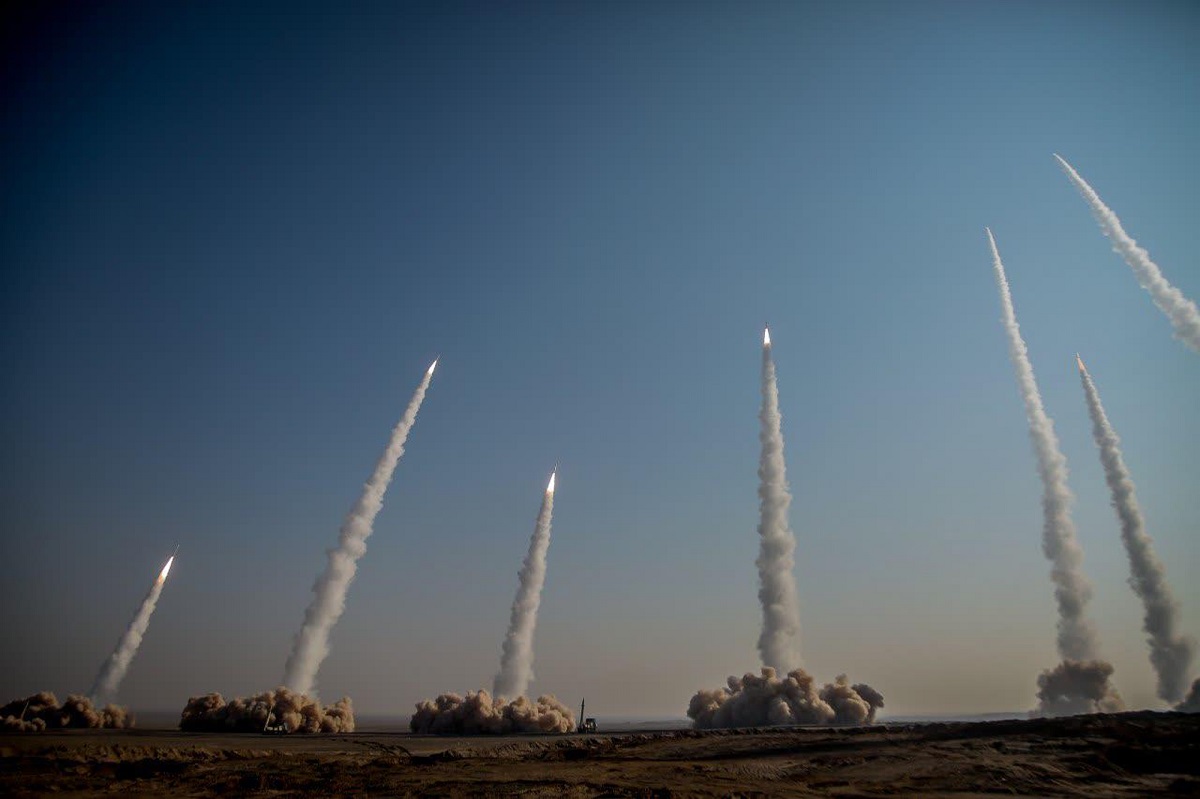In a statement issued as talks on reviving the 2015 Iran nuclear deal have stalled, the US Treasury Department said it acted after Iran’s missile attack on Erbil in Iraq and an “Iranian enabled” Houthi missile attack against a Saudi Aramco facility this month, as well as other missile attacks by “Iranian proxies” against Saudi Arabia and the United Arab Emirates.
The Treasury added it slapped sanctions on Iranian procurement agent Mohammad Ali Hosseini and a network of companies it accused him of using to procure ballistic missile propellant and related materials in support of Iran’s missile program.
The Treasury accused him of procuring materials for the Islamic Revolutionary Guard Corps (IRGC) unit responsible for research and development of ballistic missiles.
A US official, who spoke on condition of anonymity, stated the sanctions were not related to efforts to revive the nuclear deal.
“While the United States continues to seek Iran’s return to full compliance with the Joint Comprehensive Plan of Action, we will not hesitate to target those who support Iran’s ballistic missile program,” the Treasury’s Under Secretary for Terrorism and Financial Intelligence Brian Nelson said in the statement.
Wednesday’s move freezes any US assets of those hit with sanctions and generally bars Americans from dealing with them. Those that engage in certain transactions with them also risk being hit with sanctions, the Treasury added.
The companies hit with sanctions in Wednesday’s action include Iran-based Jestar Sanat Delijan and Sina Composite Delijan Co. Also sanctioned was P.B. Sadr Co, which the Treasury accused of acting on behalf of Parchin Chemical Industries, an element of Iran’s Defense Industries Organization also under US sanctions.
Iran’s Islamic Revolution Guards Corps has claimed missile strikes on sites in Iraq’s Kurdistan Region saying the attacks hit “Zionists’ strategic centers” for their plots and villainy by powerful precision-strike missiles.
On March 13, the IRGC announced in a statement that the attacks were a response to the “recent crimes of the fake Zionist regime and the previous announcements that crimes and acts of villainy by the regime will not go unanswered”.
“We once more warn the criminal regime that repetition of acts of villainy will face a strong, severe and destructive response,” the IRGC added.
The Houthis announced they launched attacks on Saudi energy facilities on Friday and the Riyadh-led coalition claimed oil giant Aramco’s petroleum products distribution station in Jeddah was hit, causing a fire in two storage tanks but no casualties.
Iran has repeatedly dismissed allegations about supplying weapons to Yemeni forces.
“Medicine and medical goods are sent to Yemenis with difficulty; then how could military equipment go through and sent to them?” an Iranian foreign ministry spokesperson had asked.
The spokesman noted that the Yemeni nation has made astonishing progress in the military field and manufacturing weapons and military equipment after facing the Saudi-led aggression.
The indirect US-Iran nuclear talks were close to an agreement in early March before last-minute Russian demands for sweeping guarantees that would have hollowed out sanctions imposed following its invasion of Ukraine derailed the talks.
